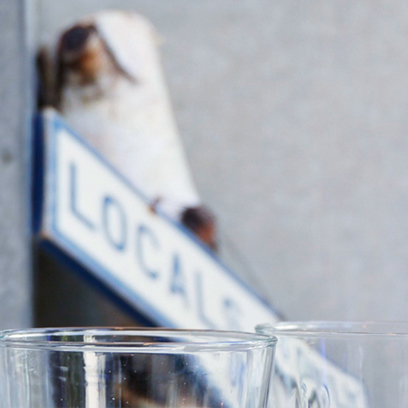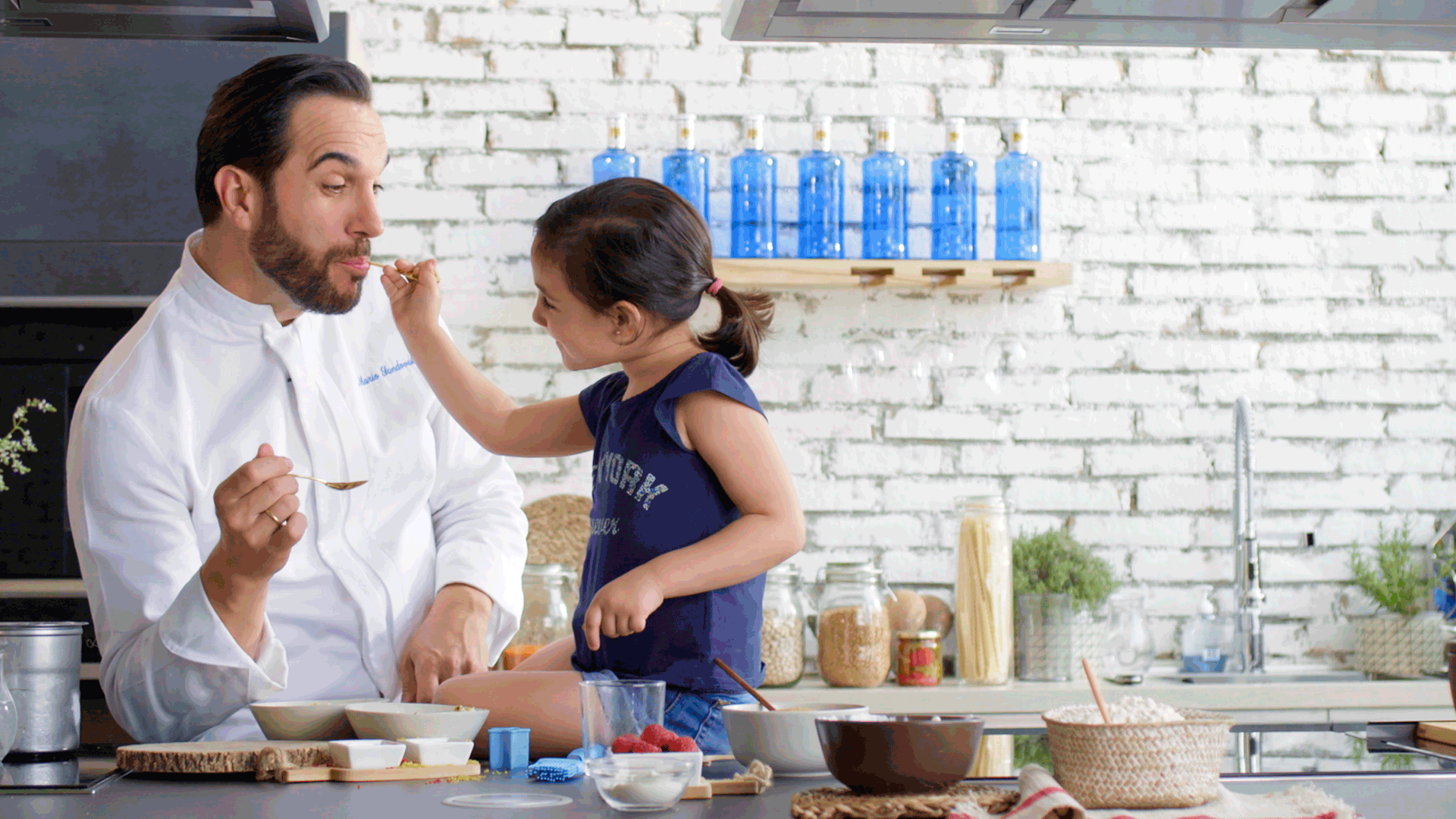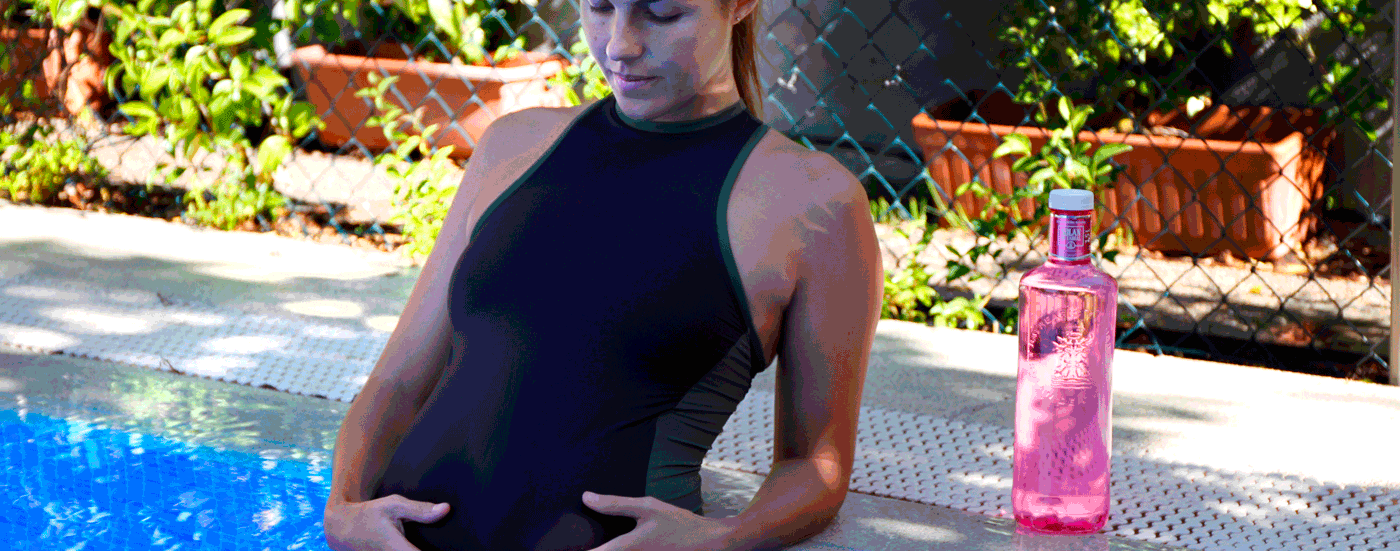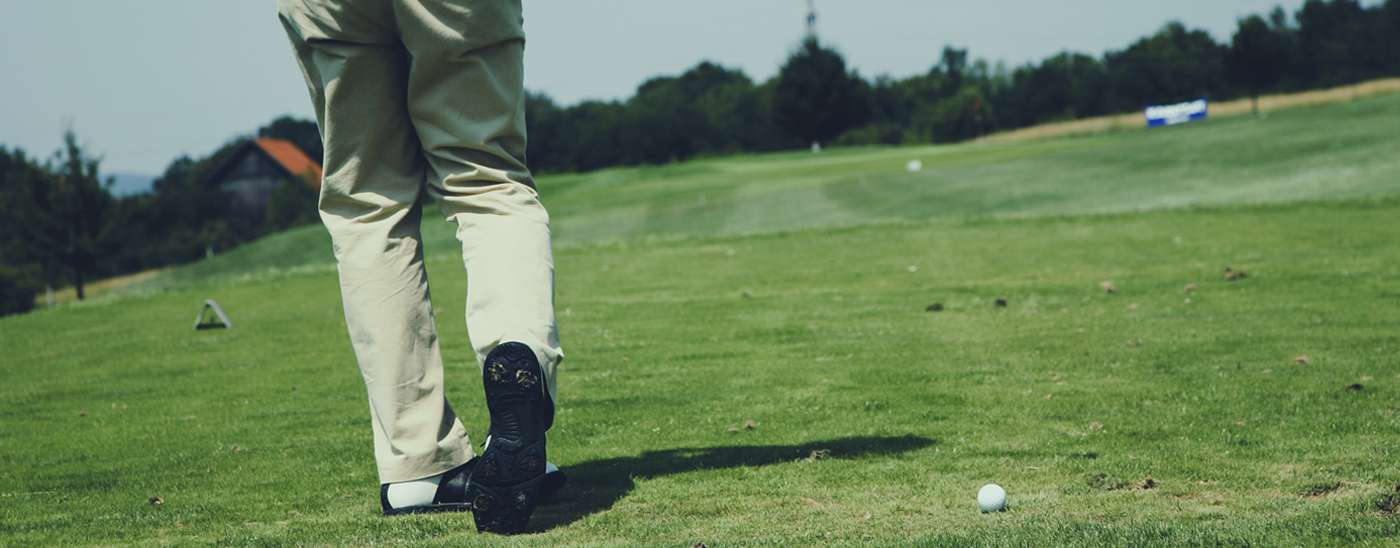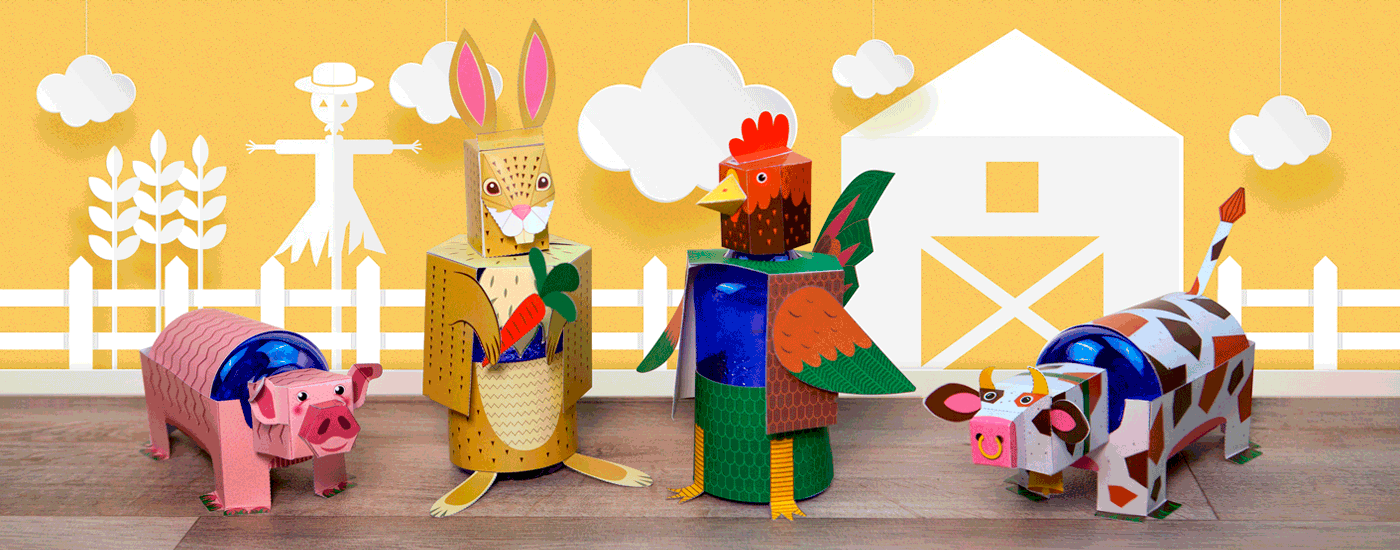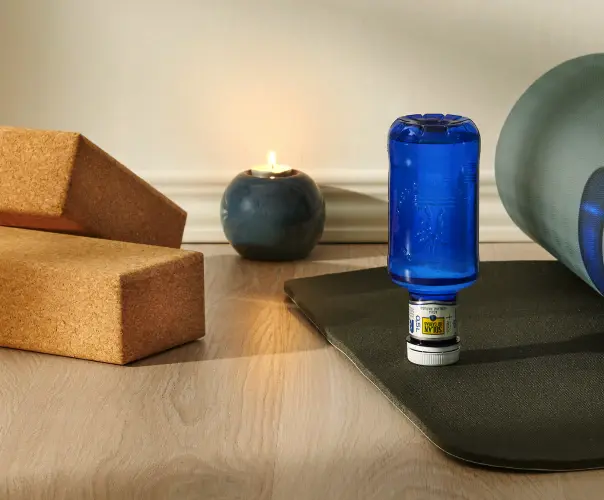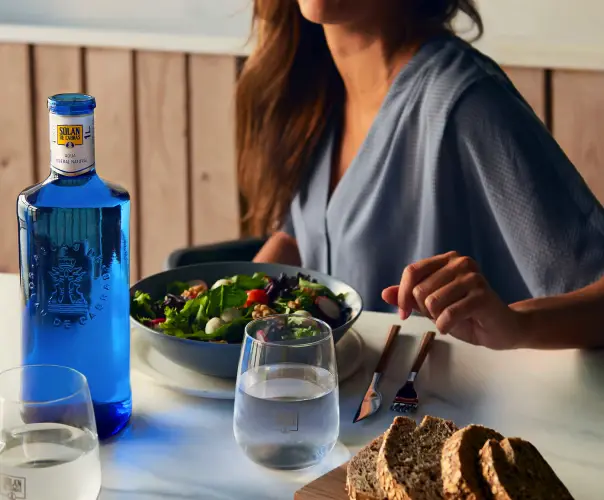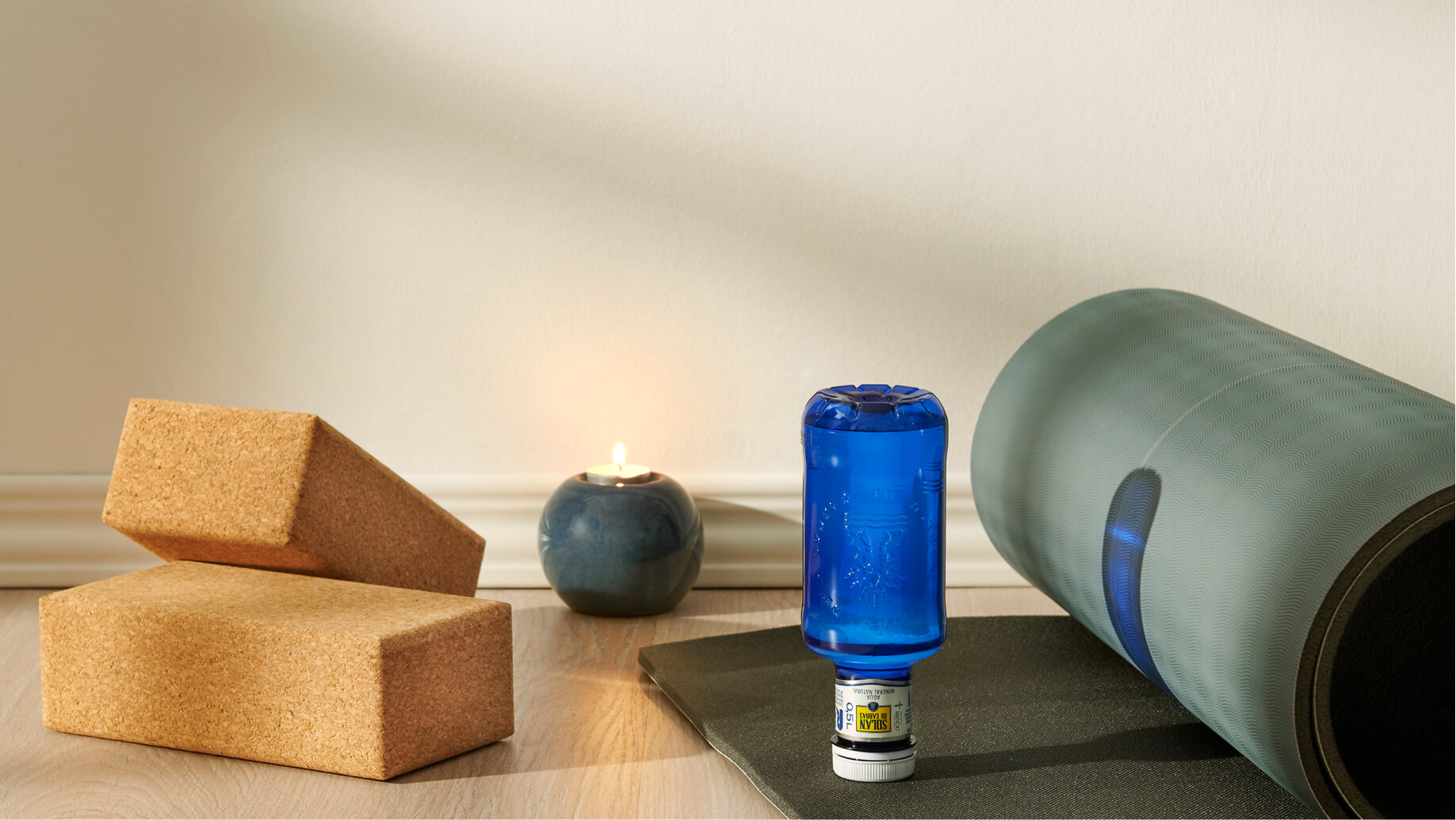
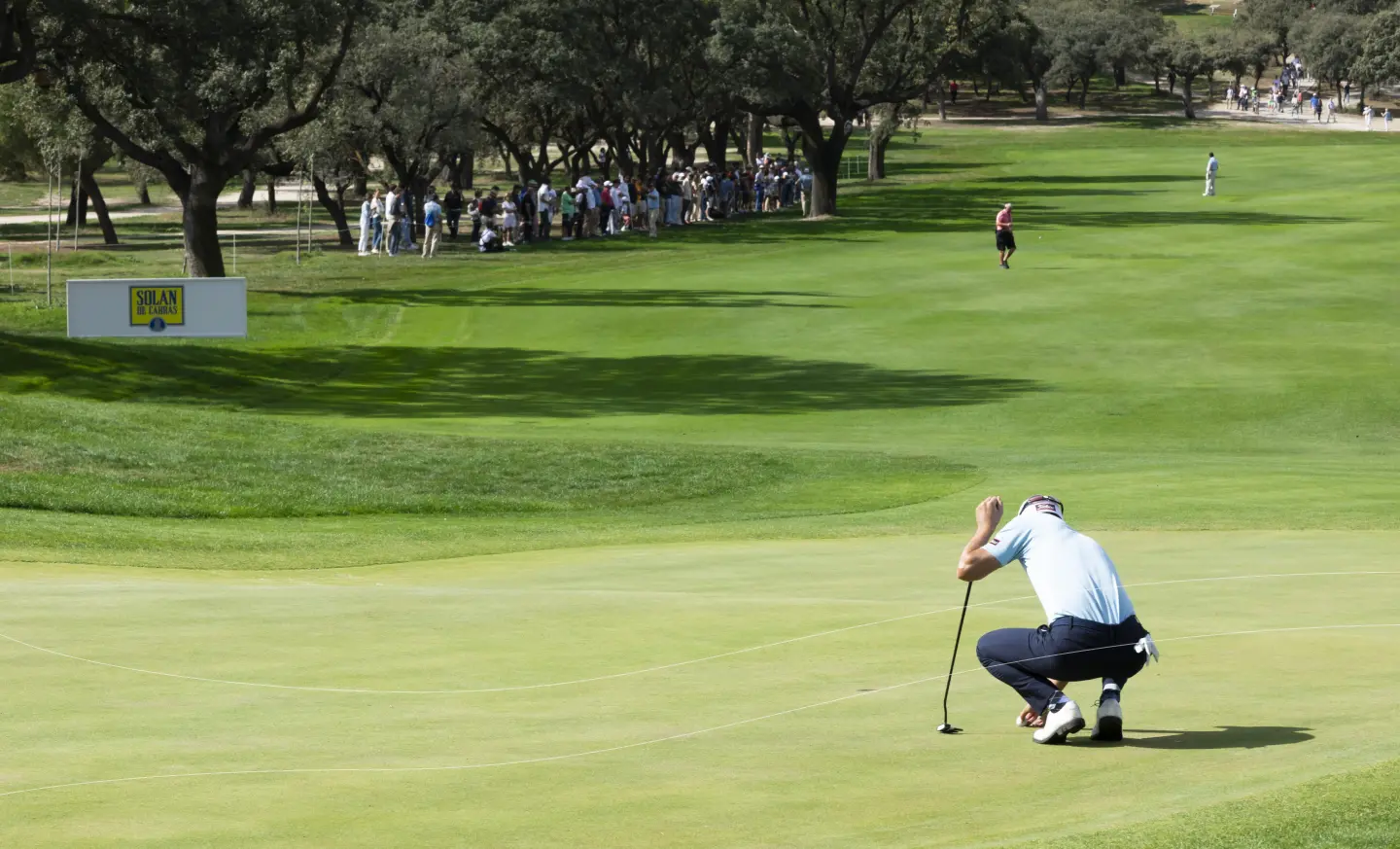
Nuestros
patrocinios
-
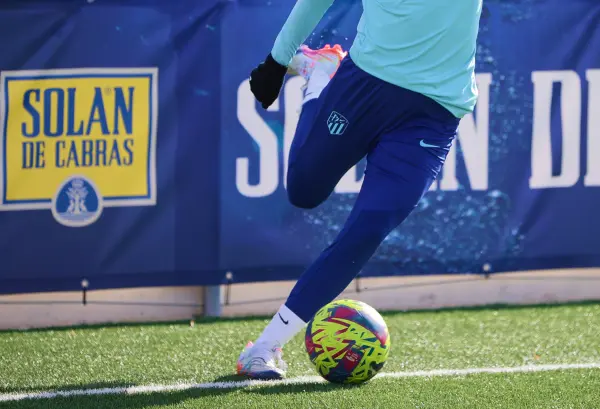
Solán de Cabras patrocina a LaLiga, el Real Madrid y a el Atlético de Madrid.
Ver patrocinios en futbol -
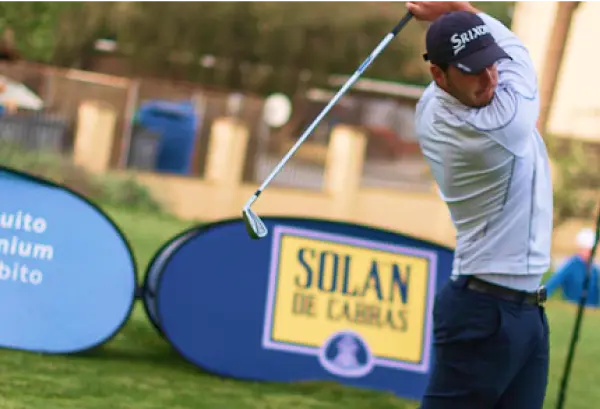
Solán de Cabras patrocina el Acciona Open de Golf y la Solheim Cup.
Ver patrocinios en golf
-
Esta es la composición del agua mineral
simple vista, el agua mineral parece solo eso: agua. Pero si te fijas […]
Leer -
Cómo conservar (bien) el agua embotellada
¿Hay que meter el agua en la nevera? ¿Qué pasa si dejo una botella al sol? […]
Leer -
Qué botellas de agua se pueden reutilizar
¿puedo volver a rellenar esta botella de agua? ¿Es seguro hacerlo? […]
Leer
